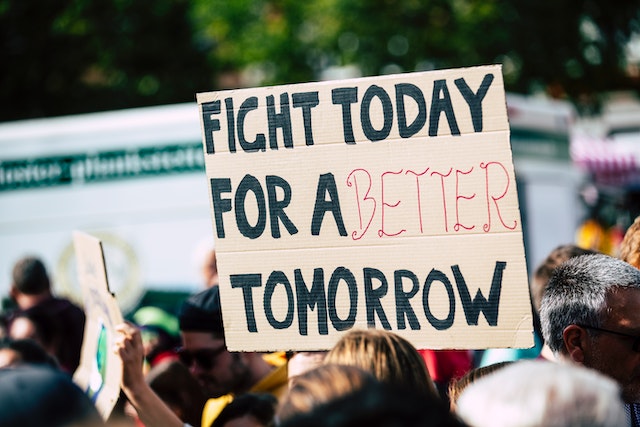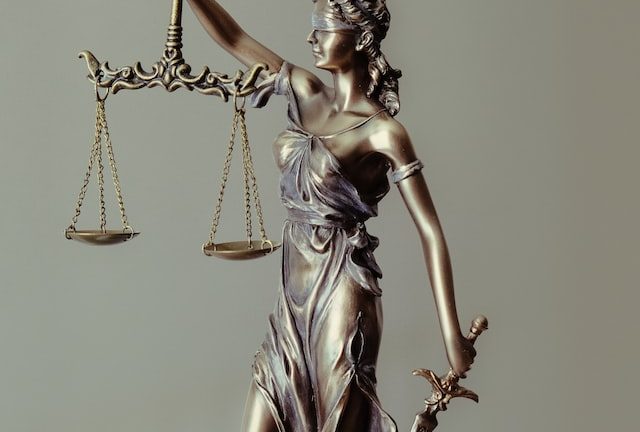Human rights are principles that promote fairness and equality for all human beings. These principles include freedom of speech and belief. These rights are interdependent and indivisible. If you have questions about human rights, consider looking at the background information.
Universal and Linalienable
Human rights are fundamental rights that each person has the right to exercise. They contribute to the fulfillment of human dignity and meet physical, psychological, and spiritual needs. Moreover, they are interdependent. For example, the right to health and development depends on the right to information. And a person’s right to free expression depends on other human rights. Therefore, protecting human rights and eradicating human rights violations are the focus of numerous human rights advocates like Mohamed Soltan worldwide.
Human rights are not the same for every person. There are differences between universal and inalienable rights, such as how they are defined. Those who believe universal and inalienable rights are similar should carefully explain their terms.
Extend This Understanding on an Individual Level to Every Human Being on the Planet
The concept of human rights is centuries old and has been used to defend the rights of members of societies for millennia. In addition, these rights have been understood to promote fairness and compassion for community members. Today, international human rights standards seek to codify this wisdom.
In the past, the state was the only safeguard for human rights, but with time, the concept has gained much broader importance in multilateral and bilateral negotiations. Until recently, issues about human rights were considered the sole domain of states, and attempts to protect them internationally were seen as infringements on national sovereignty rights.
Today, the Universal Declaration of Human Rights (UDHR) is more than a lofty ideal. Several nations have incorporated human rights principles into their laws, and individuals can take their case to a committee of UN experts if they find their rights violated. However, education and awareness of human rights are just as crucial as creating laws and policies to protect them. Ensuring that everyone has the same ownership is critical for long-term progress.
Set of Principles Concerned with Equality and Fairness
Human rights are principles that governments and individuals should respect. However, the rights of individuals can vary based on their gender, age, profession, political affiliation, religion, and personal interests. For example, young men and women need more specific rights to their situations, whereas older people need more general rights.
The principles that make up human rights were developed during the revolution and emerging national identities. For example, the American Declaration of Independence recognized certain rights as fundamental to all people. On the other hand, the French Declaration of Human Rights challenged the aristocracy’s authority by recognizing the equality of all people. These principles were later codified into the United States Bill of Rights, which recognized the freedom of speech and assembly, freedom of religion, and the right to a fair trial.
Human rights can also exist independently of legal enactment. For example, morality among human groups can include specific norms and values. In such a case, morality prohibiting murder can be considered a human right.
Interdependent and Indivisible
Human rights are interdependent and indivisible, which means that the enjoyment of one right cannot be achieved without the pleasure of others. This means that progress in exercising civil and political rights is impossible without enjoying economic, social, and cultural rights. Conversely, a violation of one right can adversely affect the enjoyment of other rights.
Unlike property rights, human rights are inherently interrelated. Everyone has the right to be free from discrimination based on race, nationality, ethnicity, religion, and language. They are interdependent and indivisible and are equally important for every individual.
Freedom of Speech and Belief
Human rights include the right to free expression and the right to speak freely and assemble for lawful purposes. The United States Supreme Court recognizes this right. It is also recognized as a human right under Article 20 of the Universal Declaration of Human Rights. While this right is a fundamental human right, it carries some duties and responsibilities. For example, specific speech is prohibited under human rights law, including incitement to hatred and discrimination.
Freedom of religion is another fundamental human right. The UK government is committed to upholding this right and promoting respect between different religious communities. The United Nations’ International Covenant on Civil and Political Rights (ICCPR) guarantees freedom of religion for all people, regardless of their beliefs or nationality. In addition, the UN Universal Declaration of Human Rights (UDHR) states that every individual has the right to freedom of conscience and thought.



